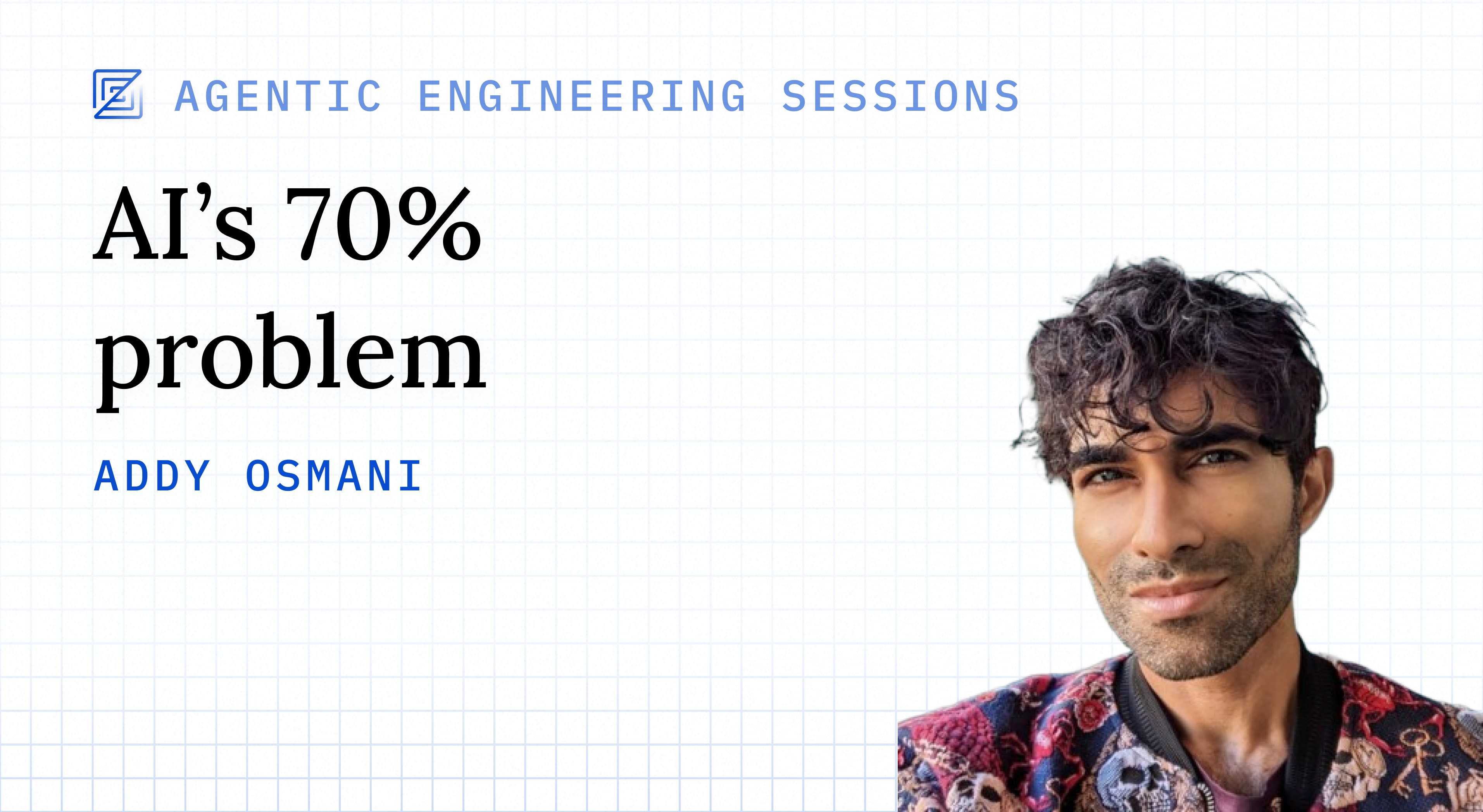Human Oversight Critical for AI-Generated Code, Says Google's Addy Osmani

Addy Osmani, an Engineering Leader at Google Chrome, recently emphasized the indispensable role of human review in the development process involving AI-generated code. In a recent social media post, Osmani stated, "Treat AI-generated code as a draft. It can write the first version, but never outsource the reading. No human review means no reliable trace from behavior back to intent." His remarks underscore a growing concern within the software engineering community regarding the over-reliance on artificial intelligence without proper human validation.
Osmani's perspective is rooted in what he terms the "70% problem," where AI coding assistants efficiently handle approximately 70% of a task, primarily boilerplate and routine functions. However, the remaining 30%—which includes understanding complex requirements, architecting maintainable systems, and addressing edge cases—demands significant human expertise. This crucial gap highlights where AI tools often struggle, necessitating human intervention to bridge the divide between a functional prototype and a production-ready system.
The potential pitfalls of neglecting human review are significant. Osmani warned, "When you stop reviewing AI drafts, you stop knowing why the code works at all." This can lead to subtle bugs, security vulnerabilities, or inefficient code that may appear polished but lacks true reliability. Experts note that AI can generate convincing but incorrect output, sometimes "hallucinating" non-existent functions or introducing unforeseen issues, making diligent human scrutiny more critical than ever.
The evolving landscape of AI-assisted development redefines the developer's role, shifting focus from rote coding to critical thinking and strategic oversight. Skills such as system design, handling edge cases, rigorous code review, and comprehensive testing become paramount. Senior developers, in particular, are tasked with acting as architects and editors, guiding AI through effective prompts and meticulously refining its output to meet quality, security, and performance benchmarks.
Ultimately, the responsibility for shipping reliable code remains with the human developer. Osmani's insights advocate for a collaborative approach where AI serves as a powerful force multiplier, accelerating productivity, but human judgment, understanding, and ethical considerations remain at the helm. This ensures that while AI handles the mechanical aspects, the core engineering principles of intent, maintainability, and quality are upheld.